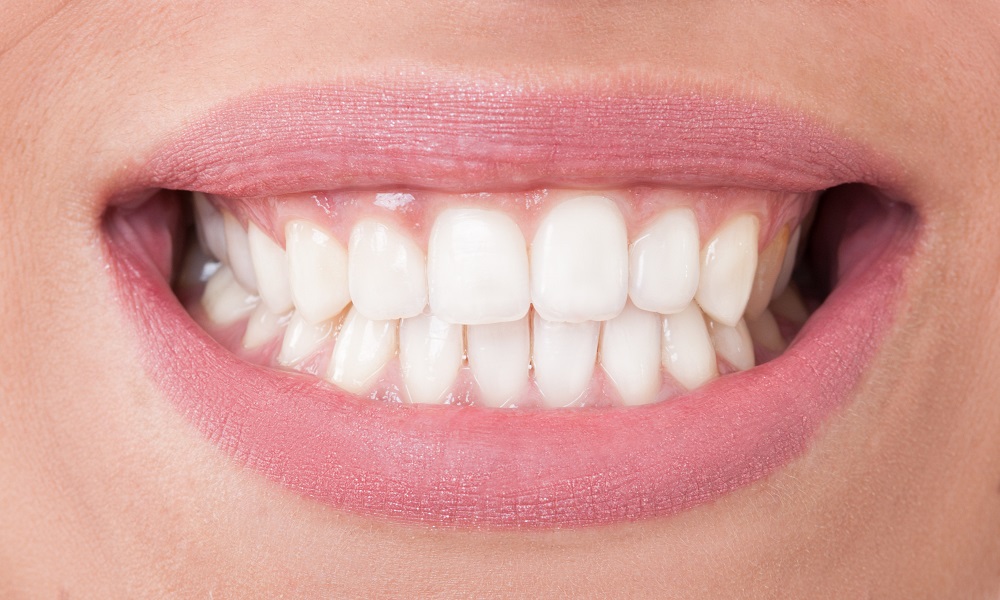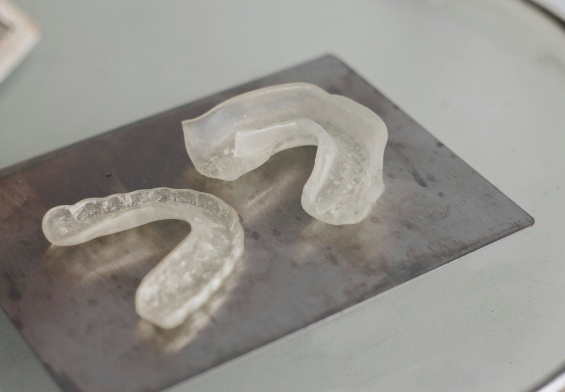Cavities are one of the most common dental issues found in patients of all ages. Simply put, a cavity is a damaged area in a tooth that develops into a tiny hole. They can have many causes, such as bacteria, snacking, overconsumption of sugar and sugary drinks, or simply poor dental hygiene. It’s important to find timely cavity treatment, since cavities can develop into more severe dental issues if left unchecked.
Identifying a Cavity
Dental cavities can have numerous symptoms, including, but not limited to: toothache, sensitivity to hot or cold temperatures, or visible holes and dark spots on teeth. In order to detect cavities and receive proper cavity treatment, regular dental check-ups are essential. This way, your cavities can be caught early and treated before they develop into more severe dental issues.
Professional Treatments for Cavities
Fillings
Cavity fillings are one of the most common dental cavity treatments. When administering fillings, your dentist removes the decayed portion of the tooth and fills the empty space with a material of your selection. There are several materials used to make cavity fillings. For example, composite resins are more aesthetically pleasing since they are tooth-colored. Meanwhile, amalgam cavity fillings are more durable and cost-effective, but less aesthetically pleasing. Cavity filling procedures typically involve removing the tooth decay first, cleaning the area, then applying the chosen fillings.
Crowns
Another of the most common dental cavity treatments are crowns. Dental crowns are usually recommended for large cavities or weakened teeth and cover the entire tooth to restore its size, shape, and function. Crowns can come in a variety of materials such as porcelain, ceramic, gold, or other metal alloys. Crowning procedures typically involve removing tooth decay, reshaping the tooth to fit the crown, taking impressions of your teeth, then fitting the crown. Once fitted, crowns prevent further damage and ensure the future durability of the affected tooth.
Dental Implants
Dental implants provide another very common dental cavity treatment. They offer a solution for replacing teeth that have been extracted, which is a possibility in very severe cavities. The implanting process involves several stages, including the placement of a metal post in the jawbone. The post then acts as a root for the replacement tooth. Following this stage, procedures for placing dental implants involve osseointegration, forming a direct interface between bone and an artificial implant, and attaching the crown of the implant. Once placed, dental implants restore functionality and improve oral health by filling the gap left by the extracted tooth.
Root Canals
Though many people dread the experience, root canals are another common dental cavity treatment necessary when the cavity reaches a tooth’s pulp. During a root canal, infected pulp is removed, then the rest of the tooth’s insides are cleaned and sealed. This usually takes several dentist visits during which the infected pulp will be removed, the cavity will be cleaned, and then the tooth will be filled and sealed. While most people who have experienced a root canal will tell you it was very painful, root canals alleviate more severe pain in the future while saving the original, natural tooth.
Tooth Extraction
Usually a last resort, tooth extraction can also be a common dental cavity treatment. Simply put, when a cavity is too severe, to the point the tooth is too damaged to repair, the offending tooth may need to be fully removed. Dental procedures for tooth extractions typically involve the removal of the tooth in question, followed by considerations for replacements such as bridges or dental implants. These replacements are essential, as the gap left by the removed tooth can cause the teeth around it to shift position.
Preventive Measures
In learning how to treat a cavity, preventive measures are crucial. First and foremost, make sure to practice and maintain good oral hygiene. This involves brushing your teeth regularly with a fluoride toothpaste, flossing daily, and using mouthwash to hinder bacterial growth. Preventing dental cavities requires more than that, though. You’ll also need to maintain a healthy diet, with reduced consumption of sugary and acidic foods or drinks. In addition, make sure to visit your dentist regularly for cleanings and oral health check-ups. Most experts generally recommend cleanings every six months, but your oral health needs may be different. If you’re unsure, have a conversation with your dentist. They may recommend additional treatments, like the application of dental sealants or fluoride treatments as extra preventive measures.
Conclusion
Learning how to treat a cavity as soon as possible is imperative in maintaining your oral health. If left untreated, cavities will only get worse, potentially leading to the need for painful, expensive root canals or entire tooth extractions. If you have any questions on how to treat a cavity, make sure to consult your dentist to determine the best cavity treatment options for your specific needs. On top of that, prevention is one of the greatest cavity treatments out there. Brush and floss your teeth regularly, and consume sugary or acidic food and drink in moderation.




